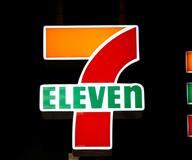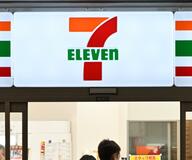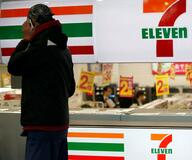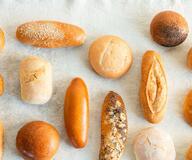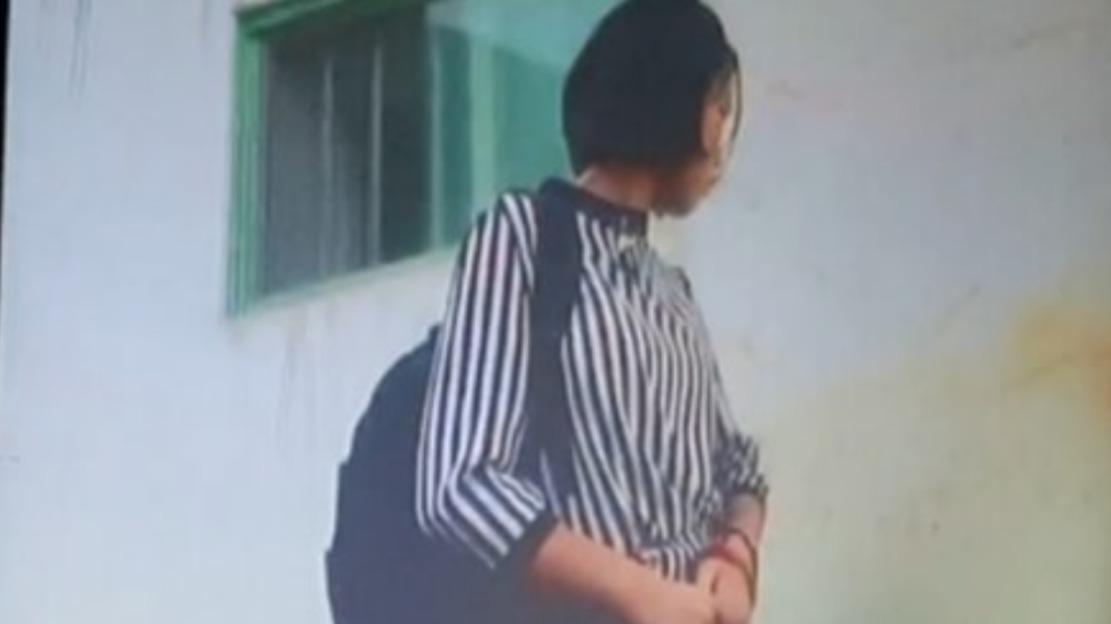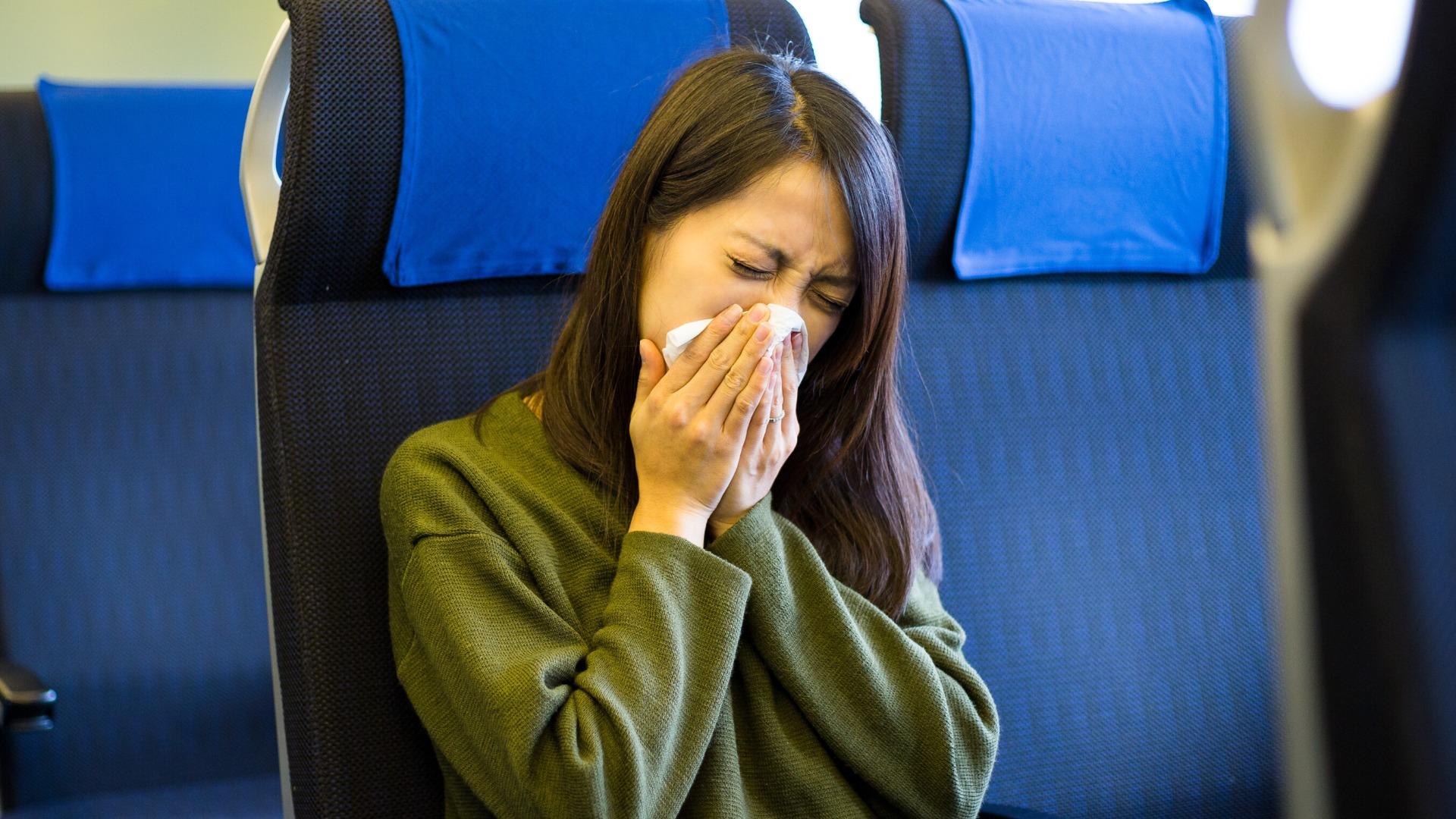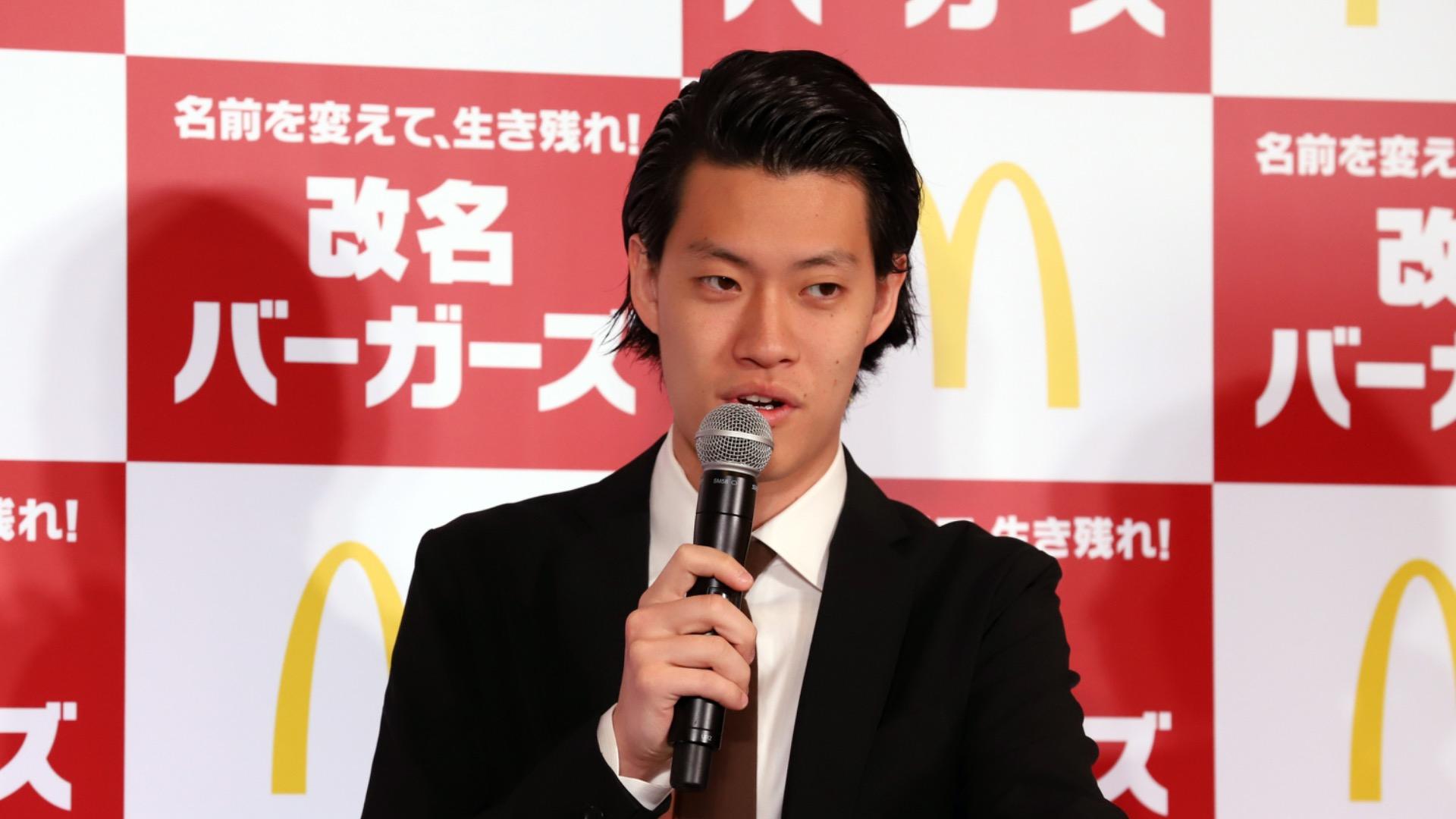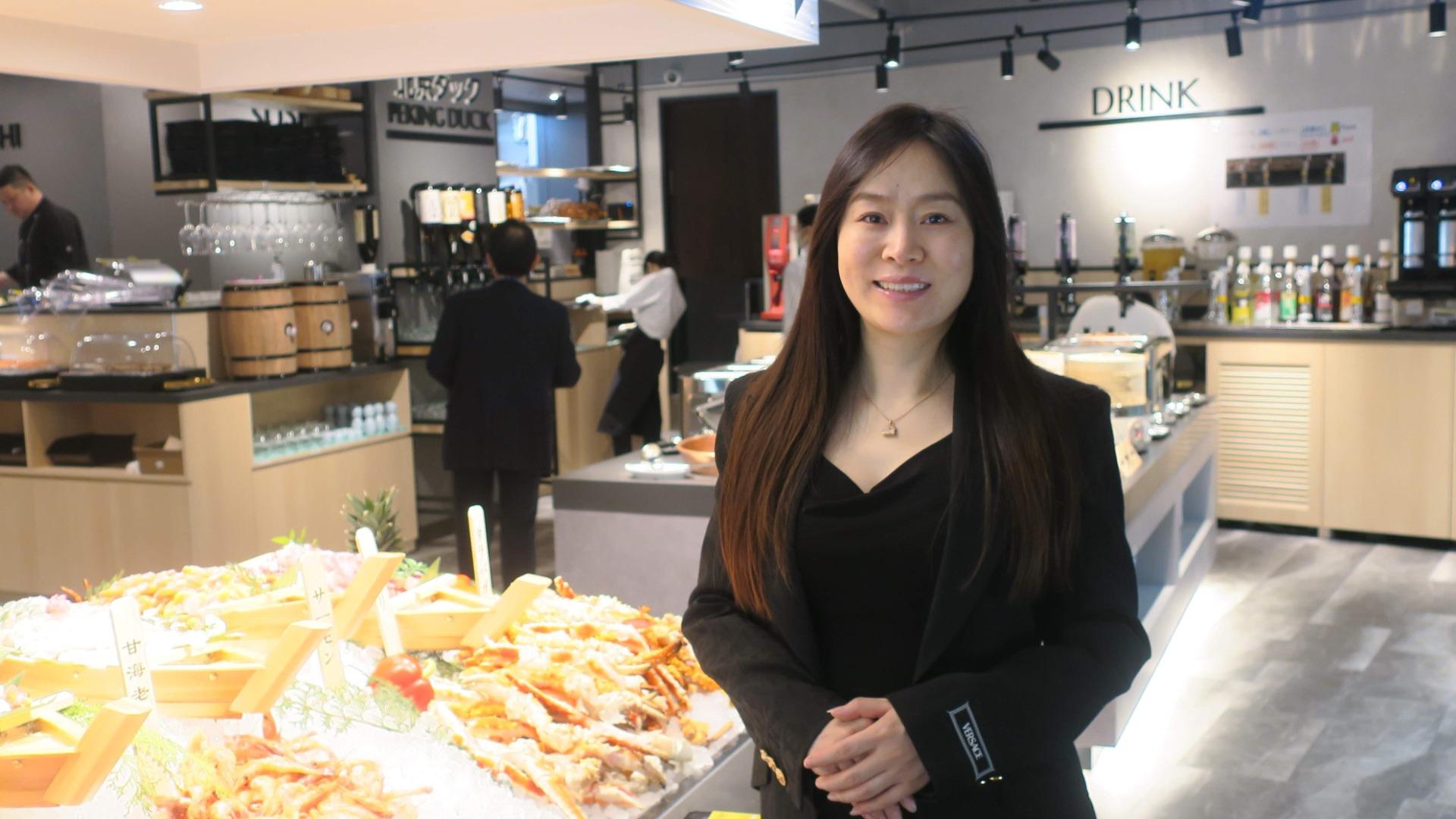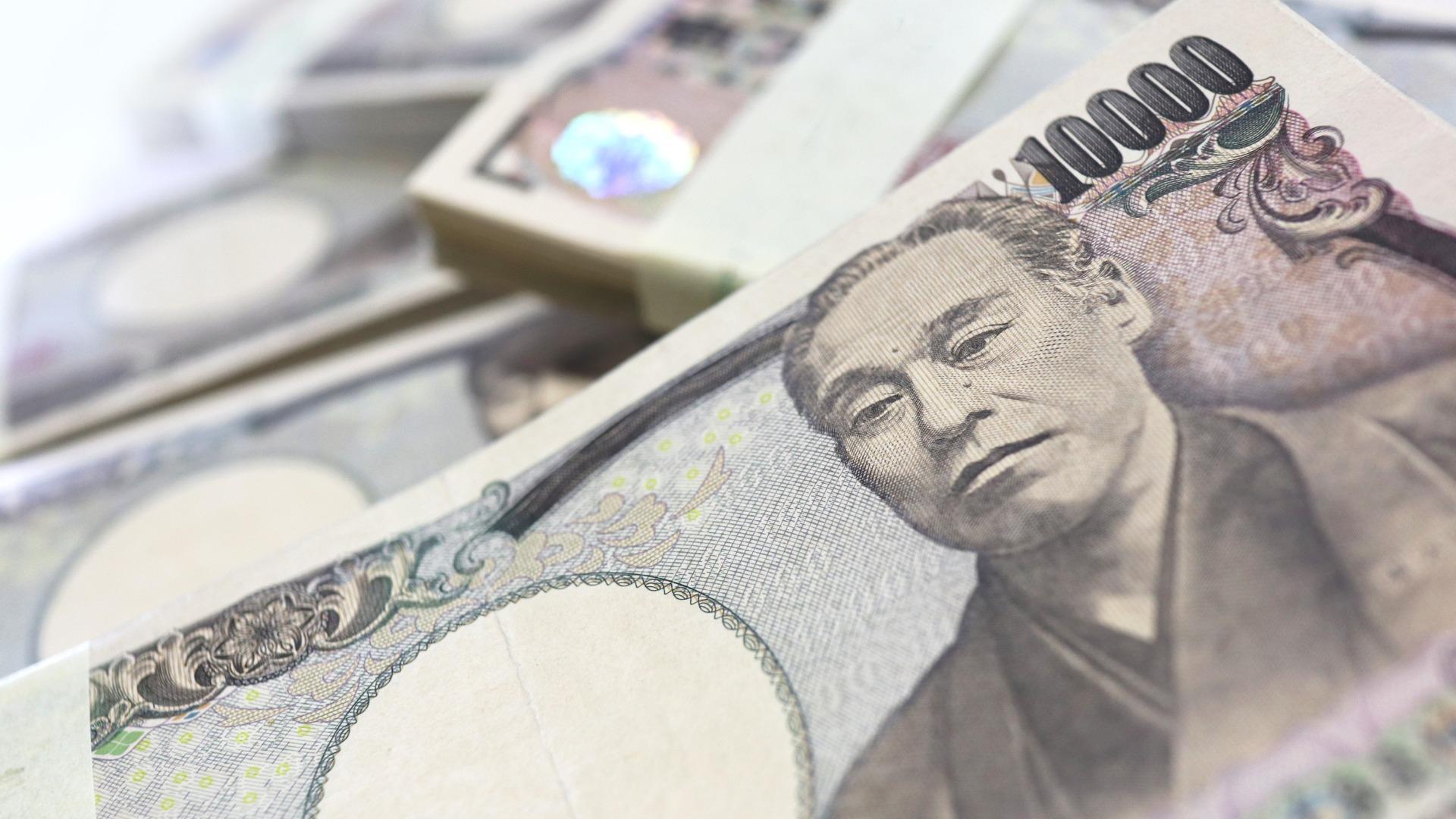「食品ロスなくして全部使う」のが生き物への礼儀であり食料危機の解決法 デンマーク八代目の魚屋語る
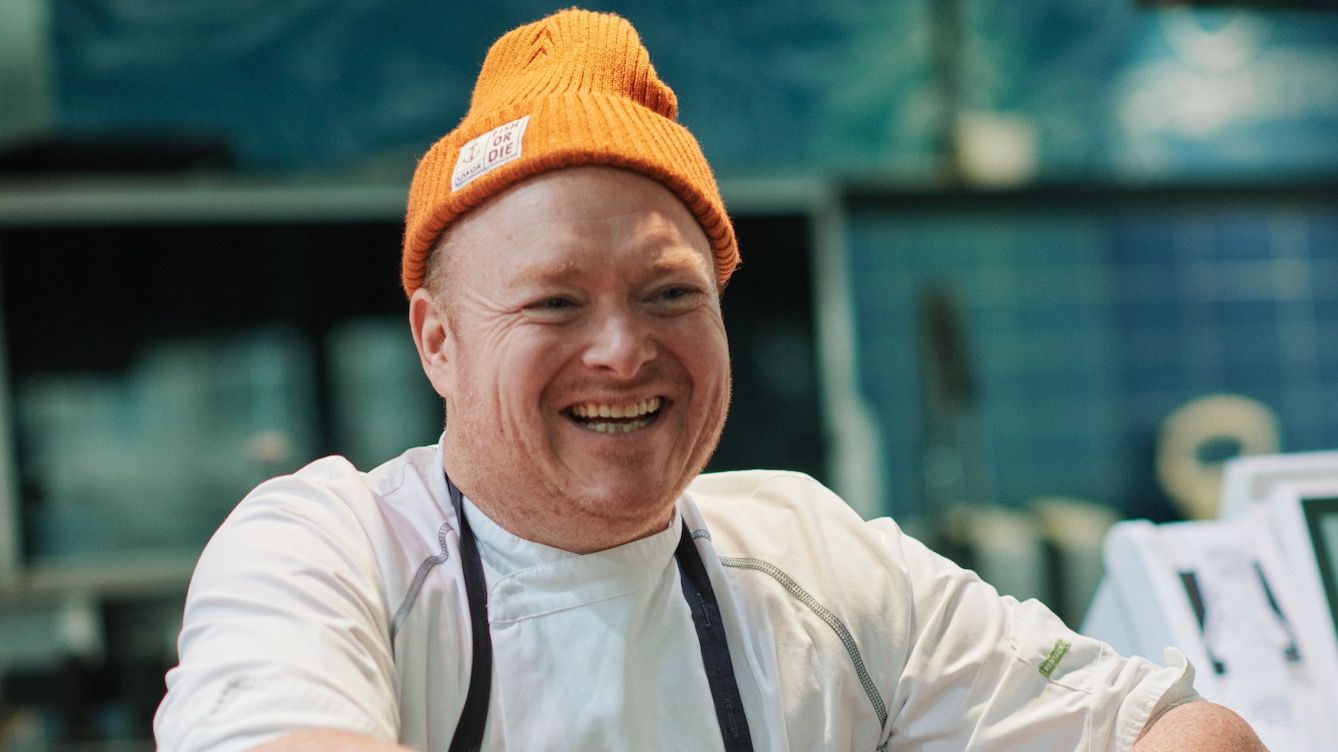
デンマークで食品ロス削減の活動を精力的におこなっている活動家、セリーナ・ユール氏(Selina Juul)(1)からメールが届いた。デンマークで8代続く魚屋で働くトミー・ラーボ・フィッシャー(Tommy Raabo Fischer)氏が、食品ロス削減の新たな活動を始めたからインタビューしてみたら、とのこと。2019年にセリーナとトミーを取材した(2)のだが、その後のコロナ禍ですっかりご無沙汰していた。
そこで、トミーのPRを担当するクリスチャン・メラー氏と、当時もデンマーク語を通訳してくれたウィンザー庸子氏に連絡し、リモートインタビューをおこなった。
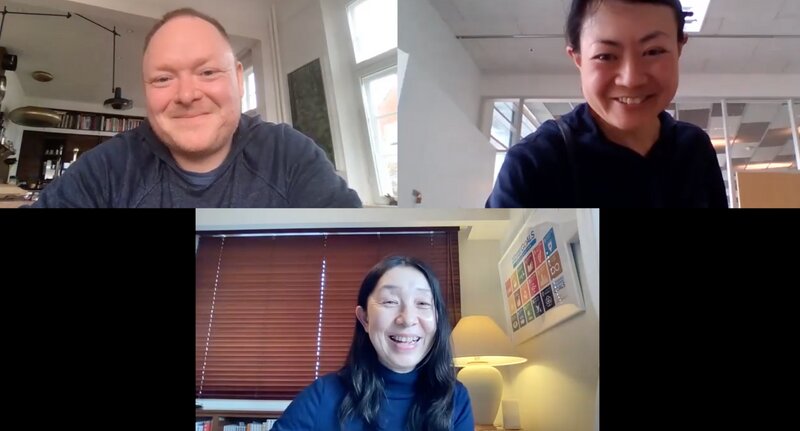
デンマークでは食品ロスに大きな関心
ーTommyさんの新しいプロジェクトについて教えていただけますか?
トミー・ラーボ・フィッシャー(Tommy Raabo Fischer、以下トミー):私たちの魚屋は持ち帰りのお店を始めました。食品ロスを活用しておいしい料理を作っています。コロナ禍でその事業を評価し、セリーナと共同体制を築いて、食品ロスを活用しておいしい料理を作る事業を拡大することを決めました。その部門を拡大し、今は2つのキッチンで料理を作ることになっています。
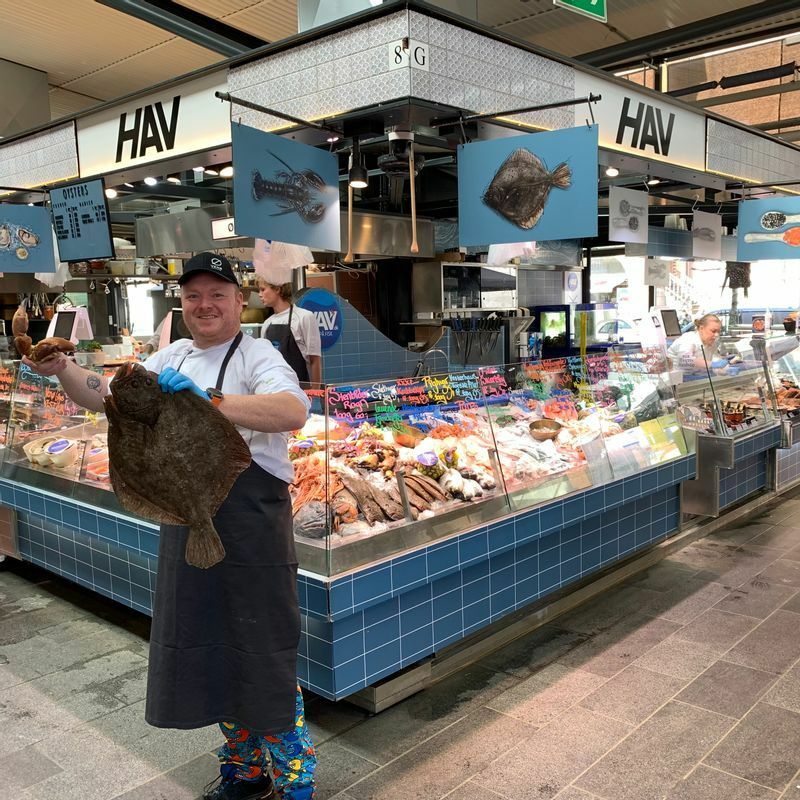
ーコロナ禍で、デンマークでの食品ロスは、今どのような状況ですか?
トミー(Tommy):メディアで取り上げられることに関して、コロナ禍ではコロナが非常に大きく注目され、今はウクライナでの戦争が非常に大きく注目されています。でも食品ロスの問題、環境問題や気候変動の影響に関しては、デンマークでは、引き続き注目が集まっています。多くの企業が、食品ロス削減という目的に邁進しています。この問題は子どもたちの将来にも関わりますし、食べ物がなくなってしまうかもしれません。気候変動への対応をしなければならないことが、デンマークでは大きく取り上げられています。
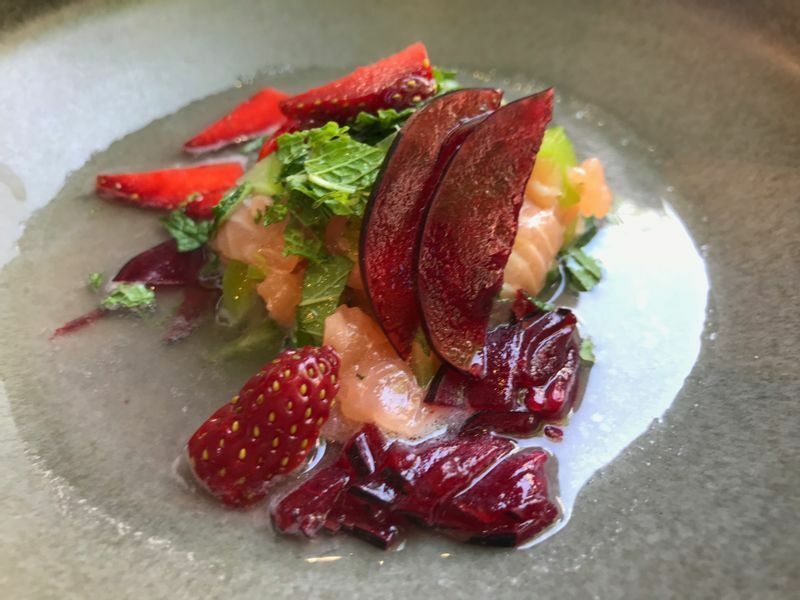
余すところなく活用するのが動物や魚への礼儀
ー日本では「未利用魚」と言われる規格外の魚があります。サイズが大き過ぎる・小さ過ぎる、輸送中にうろこがはがれた、などの理由で食べることなく捨てられる魚が年間約100万トン出ています。デンマークでは、「未利用魚」はどんな状況でしょうか?
トミー(Tommy):デンマークは、領海内で魚を捕る産業漁法の基準が非常に厳しいです。外国の網漁の網は、すごく小さい編み目ですが、デンマークは大きな編み目じゃないと法律で許可されません。小さな魚は網目をくぐって逃げることができるので、一定の大きさ以上の魚しか網漁で捕れないようになっています。産業漁法の基準は非常に厳しく、年々、その厳しさが増しています。私の考えでは、動物や魚を人の食料として殺生する場合、その動物や魚の全てを、全部を使う必要があると思っています。たとえば尻尾はスープにする、ヒレの部分だけでなく全部を活用するのが、その動物や魚に対する礼儀だと考えています。
もう1つ、デンマークでは、常に領海の半分が禁漁になっています。海の面積のうち、半分しか漁をしてはいけないわけです。その半分の領域は常に変えられており、同じ場所だけで漁が行われないようになっています。水産資源を守るための規則です。漁師さんは、消費者に需要がある魚しか捕らないのです。捕れないというか、捕らないというか。市民や消費者への啓発として、「マグロとサーモンだけ欲しい」と言う人がいたら、「今の旬はタラや白身魚です」と、別の旬の魚を紹介します。食べたことがない人には新しい食べ方を紹介し、消費者に啓発やコミュニケーションを行なって、食品ロスが出ないよう取り組んでいます。
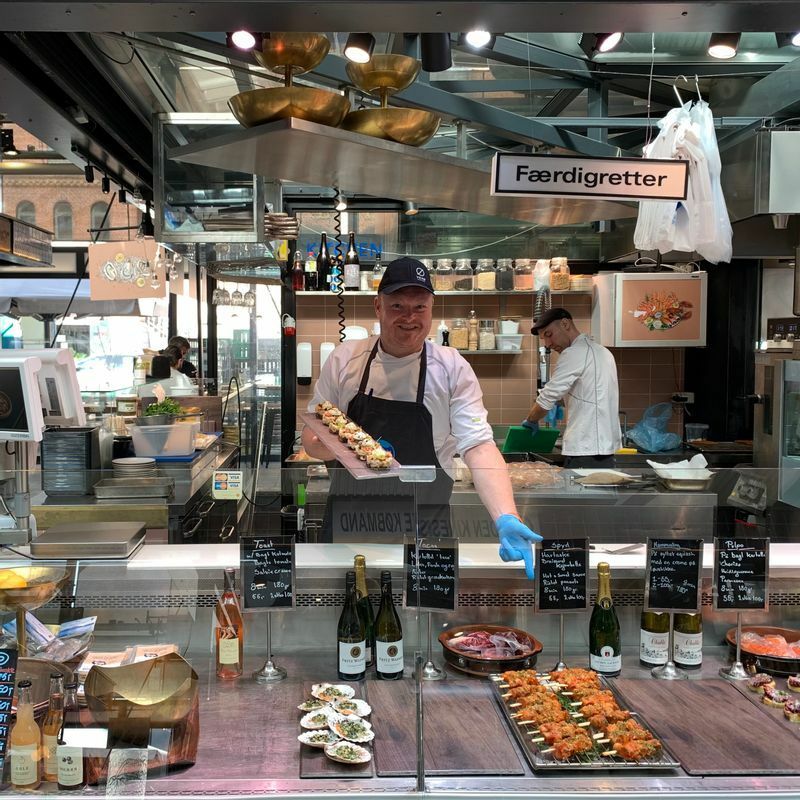
「常に2%よくしていく」
ーTommyさんのお店は、コロナ禍でどんな変化があったのでしょうか?
トミー(Tommy):2年前の2020年は、全てがロックダウンで閉まって、これからどうなってしまうんだろう・・・と、みんなが神経質になってしまいました。でも、私たちの店はオープンして閉鎖しないことを選びました。もちろんマスクなどの対応はしながらですけど。事業を継続しながらメールや電話での注文に対応していました。今までより配送事業に力を入れて乗り切ってきました。事業全体の見直しも、コロナ禍で行いました。新しいコンセプト、今では食品ロス削減を目指した新しいデリ、おいしい料理の部署を立ち上げました。「常に2%よくしていく」ことを目指しています。たとえば事業を拡大する、収益を上げる、食品ロスを2%減らす、といった形で、少しずつ改善していくことに取り組んでいます。
ーセリーナと話をしたとき、彼女はどんなことを言っていましたか?
トミー(Tommy):セリーナは、コロナの最中も、よくお店に来てくれていました。コロナ禍ではセリーナも退屈していました。コロナで外に出られない状況で退屈しながら、いろんな素晴らしいアイデアをくれました。たとえば「配送事業に力を入れたら」とか「こうしたらコロナ中でもビジネスがよくなるんじゃないか」というメッセージを常にたくさんもらっていました。エネルギーにあふれていて、恋人と一緒によく店に来てくれます。彼女は人を褒めるのがすごく上手なんです。「わー、これ、すごくいいよね」とか「これはきっとうまくいくわ」とか、「このアイデアはとても素晴らしい」とか、褒めてモチベーションを高めてくれます。彼女は忙しい人で、ほかの人のところにも行って、いろんな人を励まして、いろんな人のモチベーションを高めてくれています。
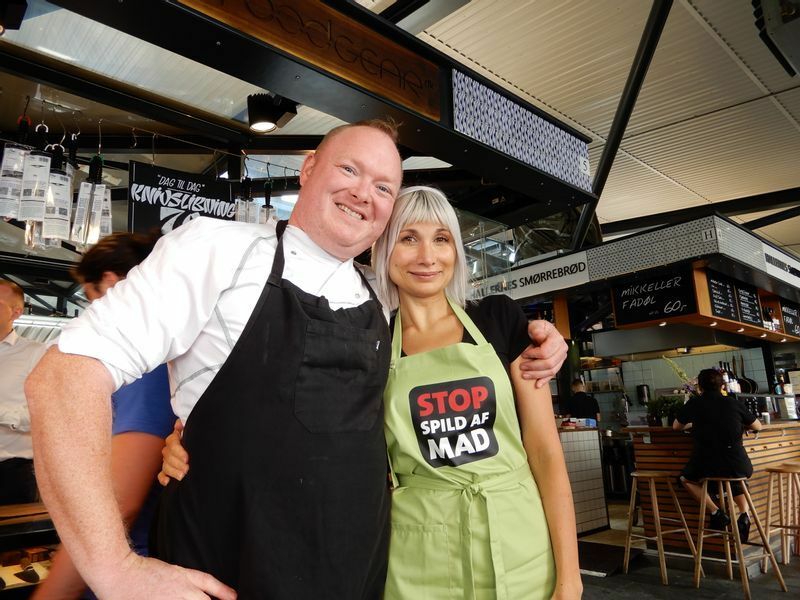
子どもに自分の仕事の場を見せ、体験させる
ーTommyさんはSNSでご家族の写真をアップされていますが、ご自身や家族の食生活はどんな感じですか?
トミー(Tommy):デンマークでは、子ども世代だけでなく、20代や30代が料理を作れない現象があります。
(通訳注:デンマーク人の男性は、一般的に、日本の男性より料理が上手で、1人暮らしも多く、自立していると思います。でもTommyさんの話では、若い人はあまり料理しないし、料理のやり方を知らないとのこと)
トミー(Tommy):子どもたちとはよく一緒にキッチンに立って、ご飯を作っています。昨日も仕事場に連れて行って魚のオークンションを見せました。バーベキューで一緒にご飯を作っています。自分の事業としてカキの養殖場を持っているのですが、そこで夏休みを過ごしています。子どもたちは、自分のビジネスや料理に関わっています。夏休みは仕事と休暇が一緒になったような過ごし方をしています。自分の仕事の一部に子どもを巻き込んで、早いうちから自分の知っていることを受け継いでいます。デンマークの若い人はお店に来て「どれぐらいの時間ゆでたらいいの」とか、「お米はどうやって炊けばいいの」とか聞いたりします。イモの煮方も、カキのゆで時間も知りません。ですので、ホームページでレシピを紹介したり、レシピ本を出版したりして、若い世代にインスピレーションを与えるようにしています。自分の子どもを自分の事業や仕事に巻き込んでいることに対し、非常に誇りを持っています。
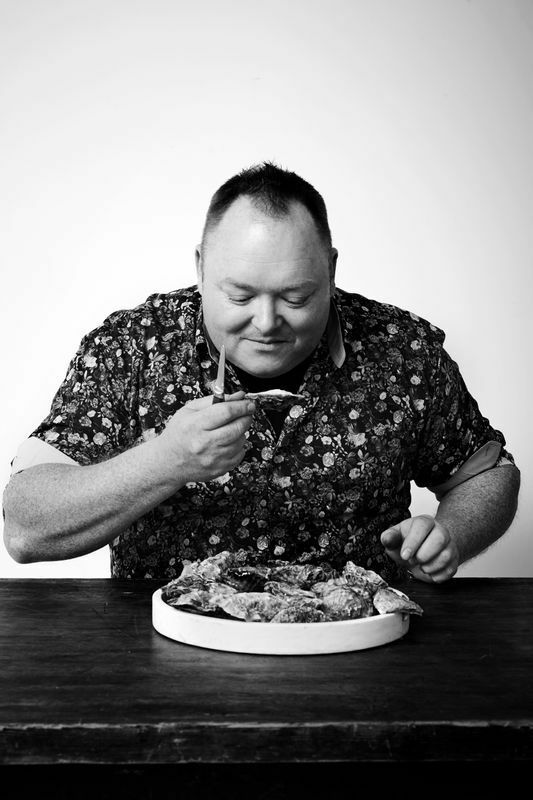
ー素晴らしいですね!
トミー(Tommy):家族と仕事のバランスをとるのが重要ですが、難しい。子どもたちに「早く大人になれ」と言っているわけではありません。奥さんは「仕事はもう十分なんじゃないの?」と言います。でも、仕事が自分の生活の大きな部分を占めていて、ライフスタイルの大きな部分である自分にとっては、家庭と仕事のバランスをとることが非常に重要で、かつ難しい。新しい面白いプロジェクトが常に立ち上がっていますので、「じゃあ、ここまで」と区切りをつけるのは難しいのです。
「食品ロスをなくして全部使う」ことが世界的食料危機の解決法の1つ
トミー(Tommy):2週間前にもパン屋さんのプロジェクトを始めました。「トーブヘイレン」(TorvehallerneKBH)という市場に2つ建物があります。魚屋さんは生鮮食料品のほうだったのですが、もう1つの建物、パン屋さん、ケーキ屋さん、チョコレート屋さん、お茶屋さんがある真ん中に、新しいパン屋さんをオープンさせました。楽しいプロジェクトが満載です。
(通訳注:ちょうど行きました!すごくいい匂いがしておいしそうでした)
ーパンと言えば、小麦が値上がりしていて、ウクライナ情勢の影響はあるのでしょうか。日本では、飲食店の食材が3倍に値上がりしています。日本は食料自給率が37%なので、食料危機が報じられます。食料危機に関して、デンマークではどうですか?
トミー(Tommy):メディアでも、食料の値段が上がって手に入らなくなると言われています。ガソリンの値段が上がると、小麦やバターの値段が上がる、生活必需品の不足や価格上昇が見られます。消費者は、高過ぎて手に入れられません。ですので、「食品ロスをなくして全部使う」ことが解決法の1つとして大きく取り上げられています。今は時世も食品ロス問題に注目してきています。時のタイミングが、食品ロス削減を後押ししています。食料を全部使わないと消費者にとって高過ぎて手に入らない、食せないことになってしまうからです。
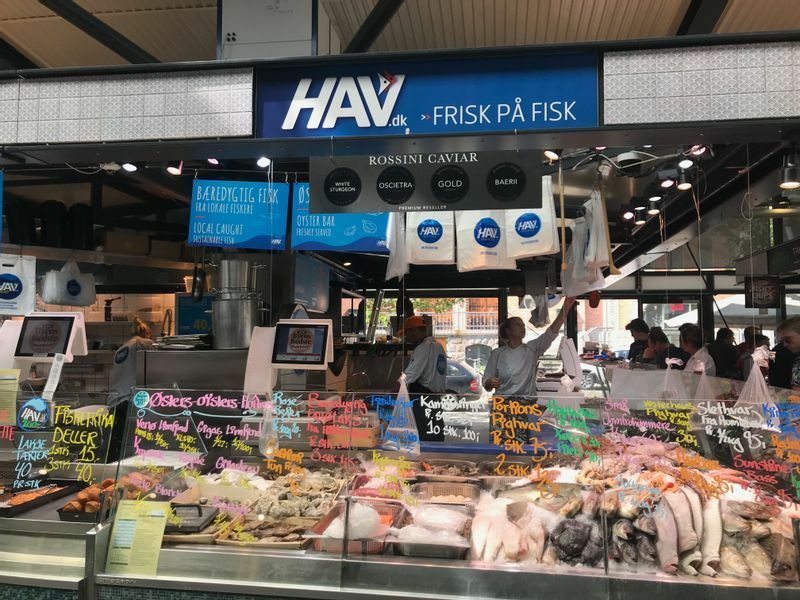
ーありがとうございます。後ろに写っているのは家族の方ですか。
トミー(Tommy):そうです。娘も日本に何度も同行しているので、日本にもお友達がいたりします。日本語が聞こえて懐かしかったんじゃないでしょうか。
ー最後に、新しいプロジェクトへの意気込みを聞かせてください。
トミー(Tommy):魚のヒレや切り身を私の魚屋で売って、残りは2つのキッチンのうちの1つでおいしいデリの料理を作っています。その後、もう1つのキッチンで、残りをスープにする、加工する。最後には骨しか残らないようにしたいです。それが私のビジョン、望みです。環境や地球にとって正しいことだと思いますし、私のビジネスの健全性も保ってくれると信じています。現実には、食品ロスをゼロにするのは難しい。どこかで何かはロスが出てしまうと思います。でも、ビジョンとしてはここから魚が入ってきて、出るときにはもう何も残っていないというのが理想。これが私の考えです。食料価格が上昇して、食料の量が限られる。魚で言えば漁業に制限が掛かっている状況の中では、使い尽くすことこそ唯一の進むべき道だと考えています。ほかの事業者にも、私の考えを共有できるよう、インスピレーションを与えていきたいと考えています。
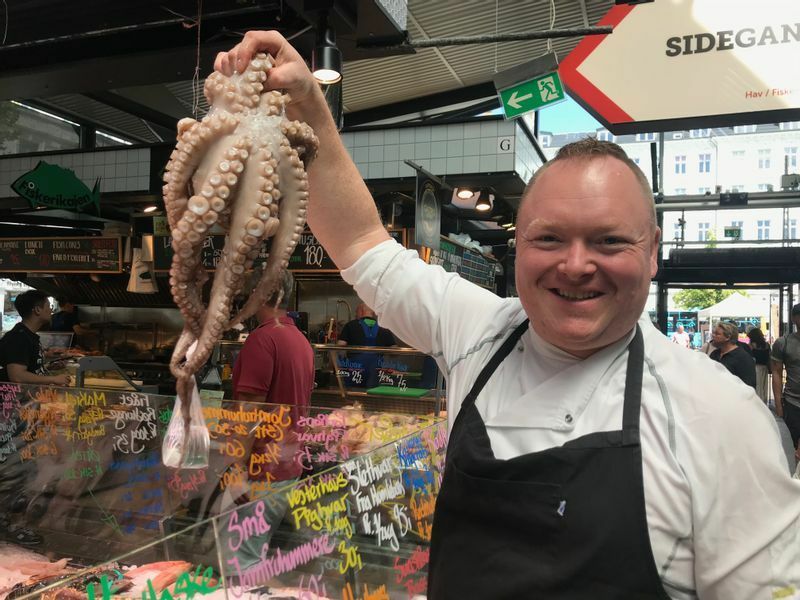
取材を終えて
動物や魚をまるごと使い尽くすことが生き物への礼儀であるという言葉と、食品ロスをなくすことが世界的な食料危機の解決方法である、ということが印象に残った。食に関わるすべての人がトミーさんのような姿勢であれば、世界の食にまつわる問題は解決につながると確信した。
謝辞:
取材の機会を作っていただいたSelina Juul氏、Christian Moeller氏、デンマーク語を日本語へ通訳して下さったウィンザー庸子氏に感謝申し上げます。
以下、英訳(In English)
'No food loss and waste, use it all' is a courtesy to living creatures and a solution to the food crisis, says Denmark's eighth-generation fishmonger
I received an email from Selina Juul (1), an activist who is actively working to reduce food loss in Denmark. I had interviewed Selina and Tommy in 2019 (2), but after the Corona disaster, I had not seen them for a long time. It had been a while since then.
I therefore contacted Christian Möller, who is in charge of PR for Tommy, and Yoko Windsor, who also interpreted Danish for us at the time, and conducted a remote interview.
Great interest in food loss and waste in Denmark
ーCould you tell us about Tommy's new project?
Tommy: Our fishmonger has started a takeaway shop. We use food loss to create delicious food. We evaluated that business in the C0VID-19 Disaster and decided to establish a joint structure with Selina Juul to expand the business of making delicious food from food loss and waste. We expanded that department and now we have two kitchens to cook food.
ーWith the COVID-19 Disaster, what is the situation with food loss and waste in Denmark at the moment?
Tommy: In terms of media coverage, during Corona there was a very big focus on Corona, and now there is a very big focus on the war in Ukraine. But in parallel, there continues to be a lot of attention in Denmark on the issue of food loss, environmental issues and the effects of climate change. Many companies are striving for the goal of reducing food loss. It concerns the future of our children and we may run out of food. The need to deal with climate change is a major focus in Denmark.
It is a courtesy to animals and fish to make use of every last bit
ー In Japan, there are substandard fish, known as 'unused fish'. About one million tonnes of fish are thrown away every year without being eaten because they are too big or too small, or because their scales have been removed during transport. What is the situation with 'unused fish' in Denmark?
Tommy: Denmark has very strict standards for industrial fishing methods to catch fish in its territorial waters. Foreign nets for net fishing have a very small weave, but in Denmark, if the weave is not big enough, it is not permitted by law. Small fish can escape through the mesh, so only fish above a certain size can be caught in net fishing. The standards of the industrial fishing law are very strict and are getting stricter every year. In my opinion, if an animal or fish is to be killed for human food, it is necessary to use all and everything of the animal or fish. For example, I think it is a courtesy to the animal or fish to make use of the whole thing, not just the fins, for example, the tail is used for soup.
Another thing is that in Denmark, half of our territorial waters have always been closed to fishing. This means that only half of the area of the sea is allowed to be fished. That half of the area is constantly being changed, so that fishing does not take place only in the same place. The rules are designed to protect fisheries resources. Fishermen only catch fish that are in demand by consumers. They cannot catch them, or rather, they do not catch them. To educate citizens and consumers, if someone says they only want tuna and salmon, we introduce another fish in season, saying that cod and white fish are in season now. We introduce new ways of eating fish to people who have never eaten it before, and we work to prevent food loss by educating and communicating with consumers.
'Always 2% better'
ーWhat changes has Tommy's shop seen with the COVID-19 Disaster?
Tommy: Two years ago, in 2020, everything closed on lockdown and everyone was nervous about what was going to happen... But we chose to keep our shops open and not close. While, of course, we had to deal with masks and other things. We kept the business going and handled orders by email and phone. We have survived by focusing more on the delivery business than ever before. We also reviewed the whole business with the Corona Disaster. We have launched a new concept, now a new deli and tasty food department aimed at reducing food loss. Our aim is to 'always make 2% better'. We are working on making incremental improvements, for example, by expanding our business, increasing our revenues and reducing food loss by 2%.
ーWhen you spoke to Selina, what did she say?
Tommy: Selina used to come to the shop a lot, even during the Corona disaster. Selina was also bored during the Corona disaster. She gave me all sorts of great ideas while she was bored because of the situation in Corona where she couldn't go outside. For example, I always got a lot of messages from her saying, "You should focus on the delivery business" or "If you do this, business will be better in Corona". She is full of energy and often comes to the shop with her girlfriend. She is very good at complimenting people. She motivates them with compliments like, "Wow, this is really good," or "This is going to work," or "This idea is so great." She is a busy person and she goes to other people and encourages and motivates all kinds of people.
Letting children see and experience their place of work
ーTommy, you upload photos of your family on social networking sites, what is your and your family's diet like?
Tommy: In Denmark, there is a phenomenon that not only the children's generation, but also people in their 20s and 30s cannot cook.
(Interpreter Yoko Note: Danish men are generally better cooks than Japanese men, live alone more often and are more independent. But according to Tommy, young people don't cook much and don't know how to cook)
Tommy: I often stand in the kitchen with my children and cook with them. Yesterday I took them to work and showed them the fish auction. I cook dinner with them on the barbecue. I have an oyster farm as my business and I spend my summer holidays there. The children are involved in my business and cooking. I spend my summer holidays as a combination of work and holiday. I involve my children in some of my work and pass on what I know from an early age. Young Danish people come to the shop and ask me how long they should boil the rice, or how they should cook the rice. They don't know how to boil potatoes or how long to boil oysters. So I try to inspire the younger generation by introducing recipes on my website and publishing recipe books. I am very proud of myself for involving my own children in my business and work.
ーThat's fantastic!
Tommy: It is important to find a balance within the family, but it is difficult. I am not telling my children to grow up fast. Your wife says: "Haven't you had enough work?" I say. But for me, with work being a big part of my life and a big part of my lifestyle, it is very important and difficult to find a balance between family and work. New and interesting projects are constantly popping up, so it's difficult to make a break and say, 'Well, that's it'.
'Reduce food loss & waste and use it all' is one solution to the global food crisis
Two weeks ago I started another bakery project. There are two buildings in the market called 'TorvehallerneKBH'. The fish shop was the fresh food one, but we opened a new bakery in the middle of the other building, where there is a bakery, a cake shop, a chocolate shop and a tea shop. It is full of fun projects.
(Interpreter Yoko Note: I just went there. It smelled so good and looked delicious)
ーSpeaking of bread, wheat prices have gone up, and has this been affected by the situation in Ukraine? In Japan, the price of foodstuffs in restaurants has tripled. Japan has a food self-sufficiency rate of 37%, so a food crisis is reported. What about in Denmark with regard to the food crisis?
Tommy: We are told in the media that the price of food will go up and that it will become unaffordable. When the price of petrol goes up, the price of wheat and butter goes up, and shortages and price rises of daily necessities are seen. Consumers cannot afford them because they are too expensive. So one of the main solutions is to eliminate food loss and use it all. Time is now also paying more attention to the food loss issue. The timing of the time is encouraging food loss reduction. If we don't use all the food, it will be too expensive for consumers to afford and eat.
ーThank you very much. Is that a family member in the background?
Tommy: Yes, they are. My daughter has accompanied me to Japan many times, so she has friends in Japan. I think she must have missed hearing Japanese.
ーFinally, what is your enthusiasm for the new project?
Tommy: I sell fish fillets and fillets in my fish shop and the rest is used to make delicious deli food in one of my two kitchens. Then, in the other kitchen, I process the rest, turning it into soup. At the end, I want to make sure that there are only bones left. That is my vision, my hope. I believe it is the right thing to do for the environment and the planet, and I believe it will also keep my business healthy. In reality, it is difficult to reduce food loss to zero. I think that somewhere something will be lost. But my vision is that ideally, fish will come in from here and when they leave, there will be nothing left. This is my view. Food prices will rise and the amount of food will be limited. In the situation where the fishing industry is limited in terms of fish, I believe that the only way forward is to use it all up. I hope to inspire other businesses to share my ideas.
After the interview
I was impressed by Tommy's words that it is a courtesy to living creatures to use up whole animals and fish, and that eliminating food loss & food waste is the way to solve the global food crisis. I am convinced that if everyone involved in food has the same attitude as Tommy, the world's food-related problems can be solved.
Acknowledgements
We would like to thank Ms.Selina Juul and Mr.Christian Moeller for the opportunity to interview them and Ms.Yoko Windsor for interpreting Danish into Japanese.
参考情報
1)たった5年で食品ロス25%も削減 デンマーク王室をも動かしたある女性の怒りとパワー(井出留美、Yahoo!ニュース個人、2019/9/13)
2)「規格外は美味しい!」デンマークで8代続く魚屋で規格外の野菜や魚を食品ロスにせず総菜にしてデリで販売(井出留美、Yahoo!ニュース個人、2019/9/17)
3)Farverig fiskehandler og iværksætter fylder 40(fiskeritidende, 2019/11/27)


